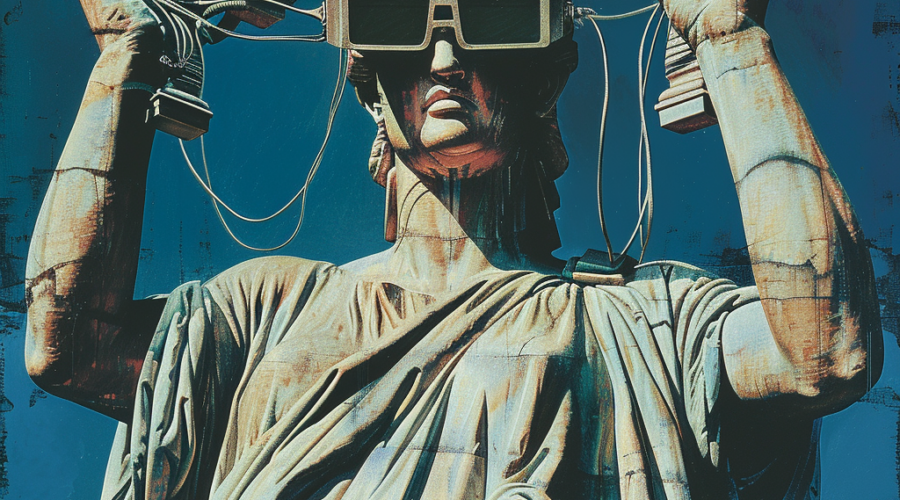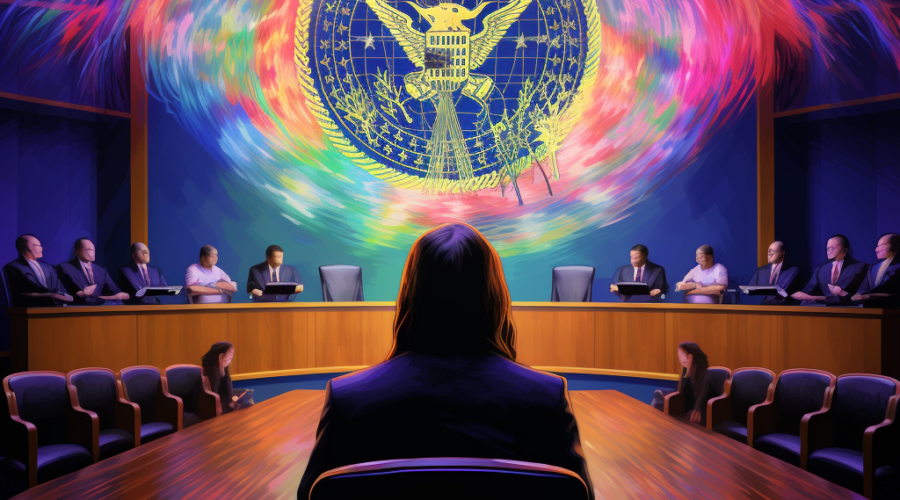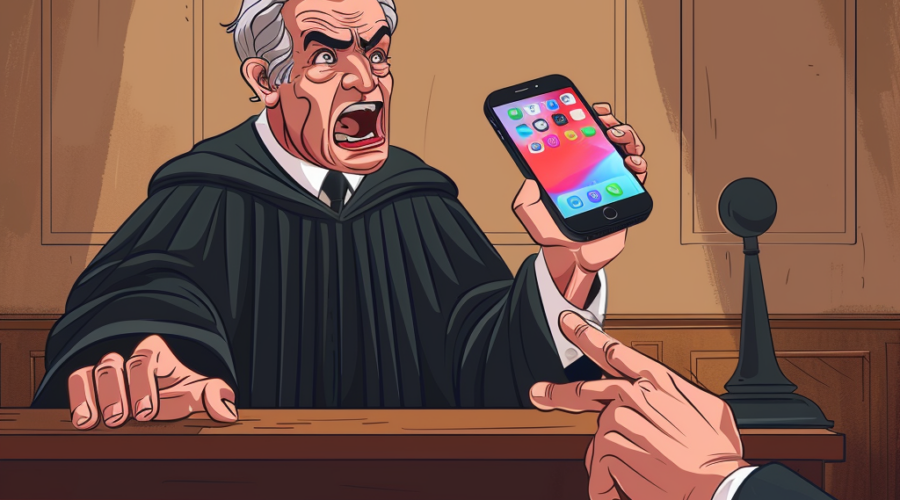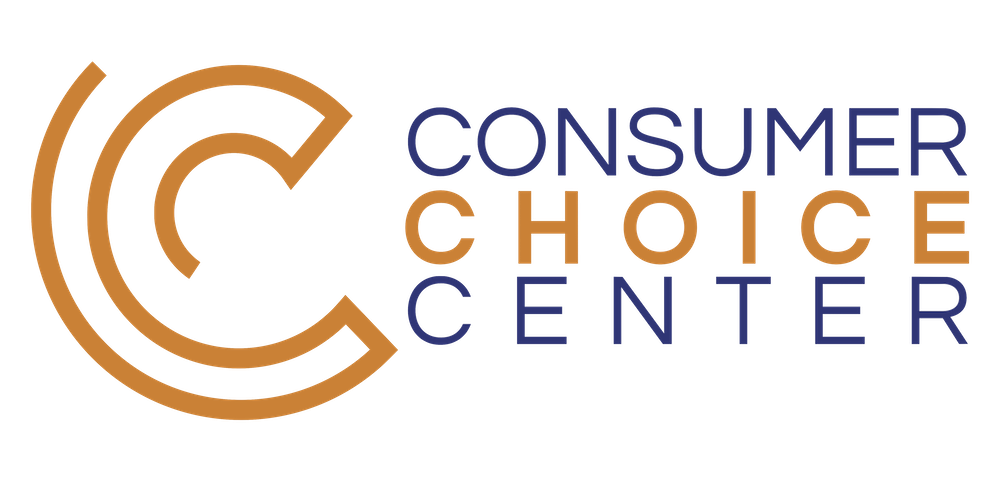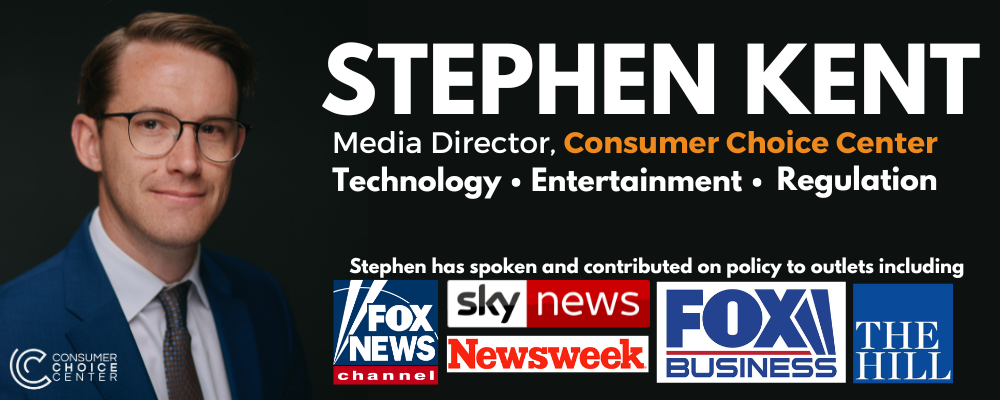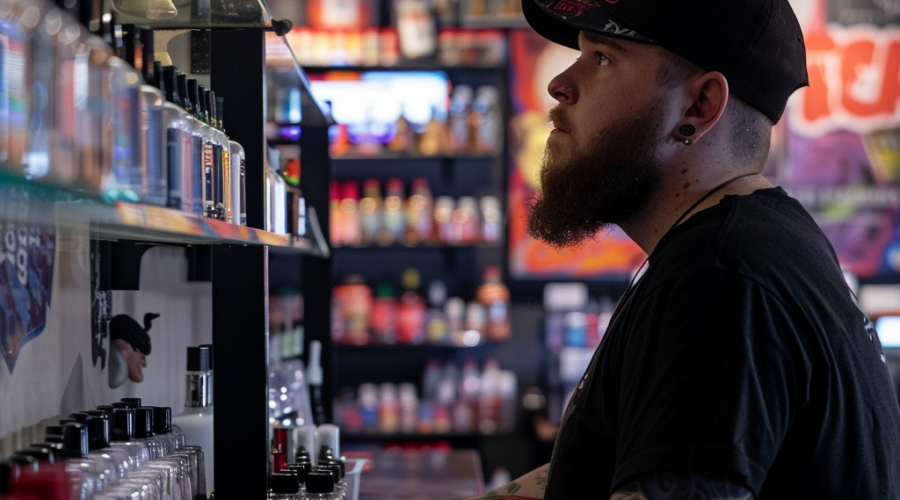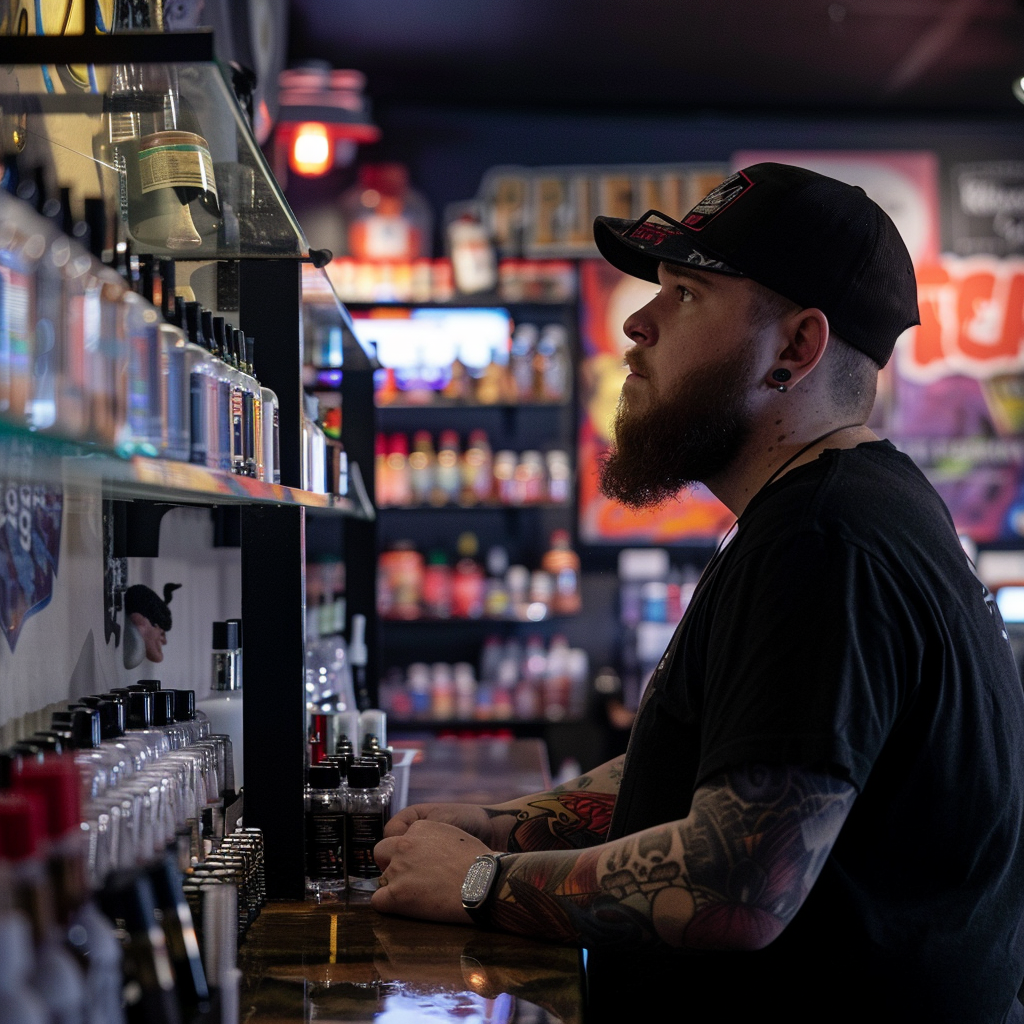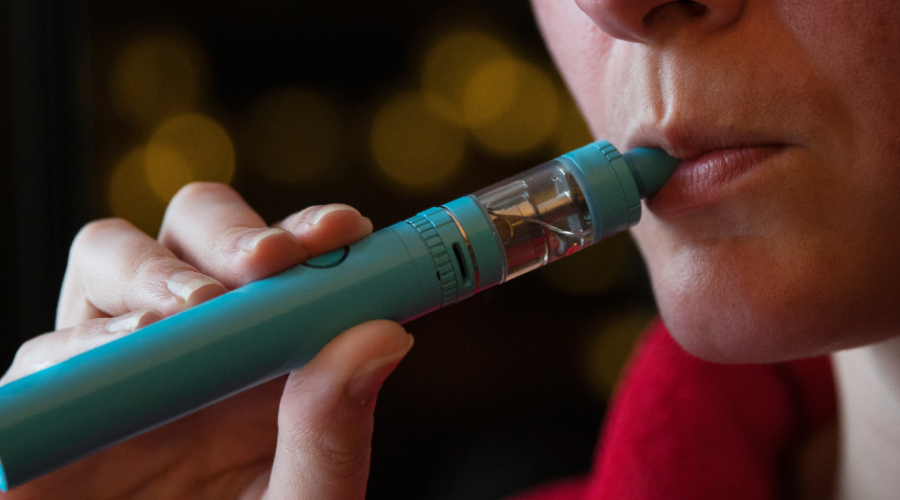National privacy bill exempts and empowers gov’t agencies over real consumer privacy
FOR IMMEDIATE RELEASE | April 18, 2024


WASHINGTON, D.C. – A new federal privacy bill has surfaced in Congress that introduces sweeping changes for how the privacy rights of American citizens are regarded and respected.
The bill, known as the American Privacy Rights Act, is the latest serious attempt by a bipartisan cohort of congressional legislators to address Americans’ privacy rights online, as well as the obligation of companies, nonprofits, and organizations that cater to them.
Though the bill addresses important principles for privacy legislation, it also unduly burdens many innovative services that Americans enjoy, as well as totally exempts government agencies from having to follow privacy rules.
Yaël Ossowski, deputy director of the Consumer Choice Center, reacts:
“A national privacy bill that preempts the patchwork of state laws is a necessity in the 21st century. As more leaks, hacks and unauthorized disclosures of American’s personal and financial data make their way online, individuals are left with little recourse to address harms.
“While this new privacy bill addresses important principles, such as requiring transparency of data collected, the ability for consumers to have portable access to their information, and mechanisms for punishing bad actors, it goes too far in granting government agencies power over private contracts and business models while exempting any agency from those same privacy rules,” said Ossowski.
“The particular provision creating a new private right of action, unheard of in any other global privacy bill, would inevitably become a quagmire that will litter our justice system with bogus and outrageous claims, all the while empowering politically connected trial attorneys who stand the most to gain. This would ultimately degrade the quality and raise of the prices of goods and services that consumers depend on and would do nothing to safeguard user privacy.
“In addition, the specific section on universal “opt-outs” for targeted ads amount to a de facto ban on specific algorithms used by any social media service, cutting off the ability for small businesses and entrepreneurs to reach and properly inform consumers of their goods and services.
“The bill also grants extraordinary new powers to the Federal Trade Commission, far beyond its mandate of punishing unfair and deceptive practices, which give the FTC the ability to halt any new algorithmic model if it deems it in violation of any statue, putting innovation in both artificial intelligence and the Internet itself at risk.
“All of these issues, coupled with the outright exemption for all government agencies, who handle most of our sensitive data, demonstrate that this privacy bill needs severe changes if it wishes to protect consumers while also championing American innovation,” Ossowski.
“We look forward to providing additional context and research to the House and Senate Commerce Committees, in the good faith effort to create a much nimbler and more appropriate bill to balance protecting Americans’ privacy and safeguarding innovation that we can all benefit from,” concluded Ossowski.
The Consumer Choice Center has published its own comprehensive analysis of the bill, available here.

The Consumer Choice Center is a nonpartisan consumer advocacy group that champions the benefits of freedom of choice, innovation, and abundance in everyday life.
The CCC represents consumers in over 100 countries across the globe. We closely monitor regulatory trends in Ottawa, Washington, Brussels, Geneva, Lima, Brasilia, and other hotspots of regulation and inform and activate consumers to fight for #ConsumerChoice. Learn more at consumerchoicecenter.org.
